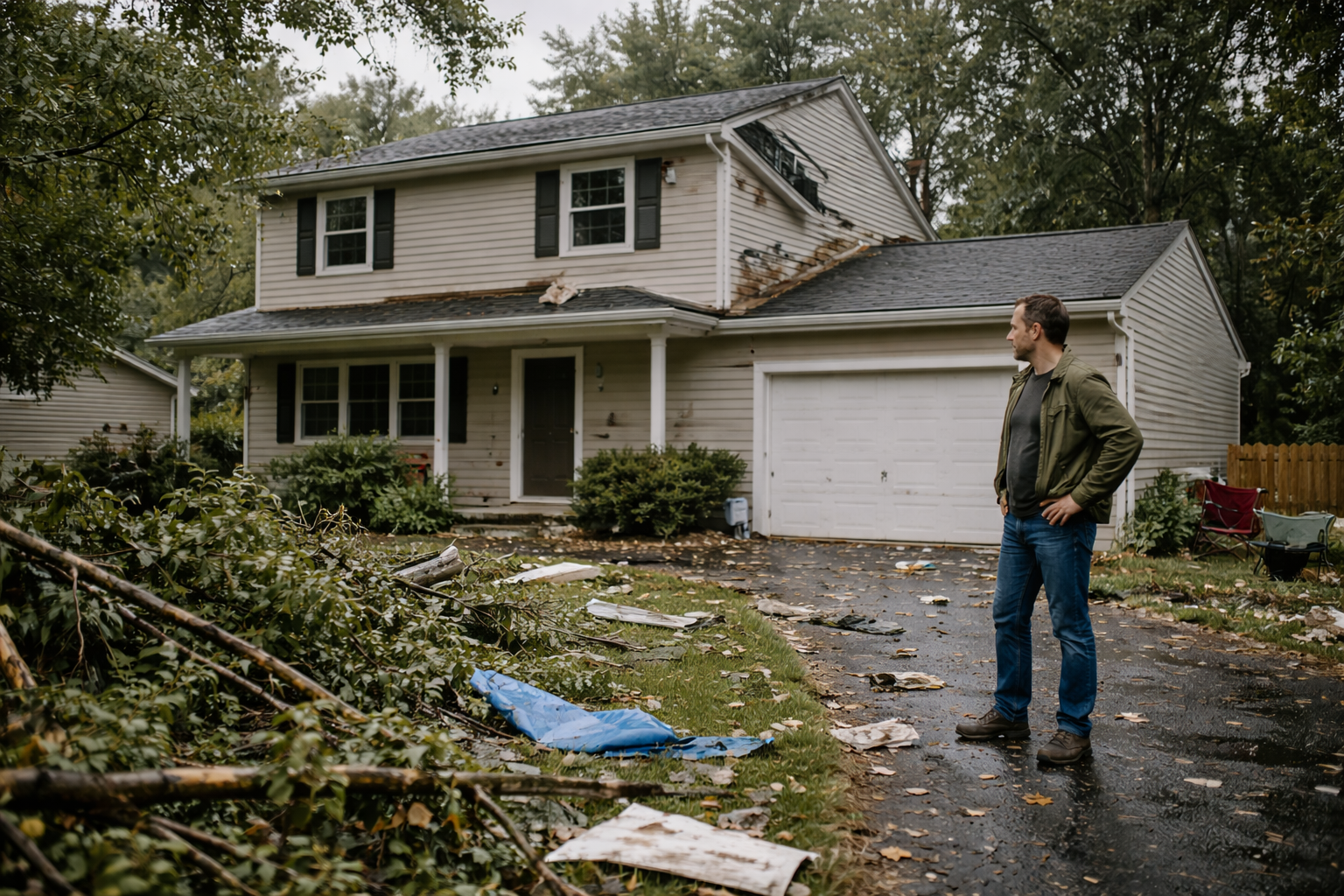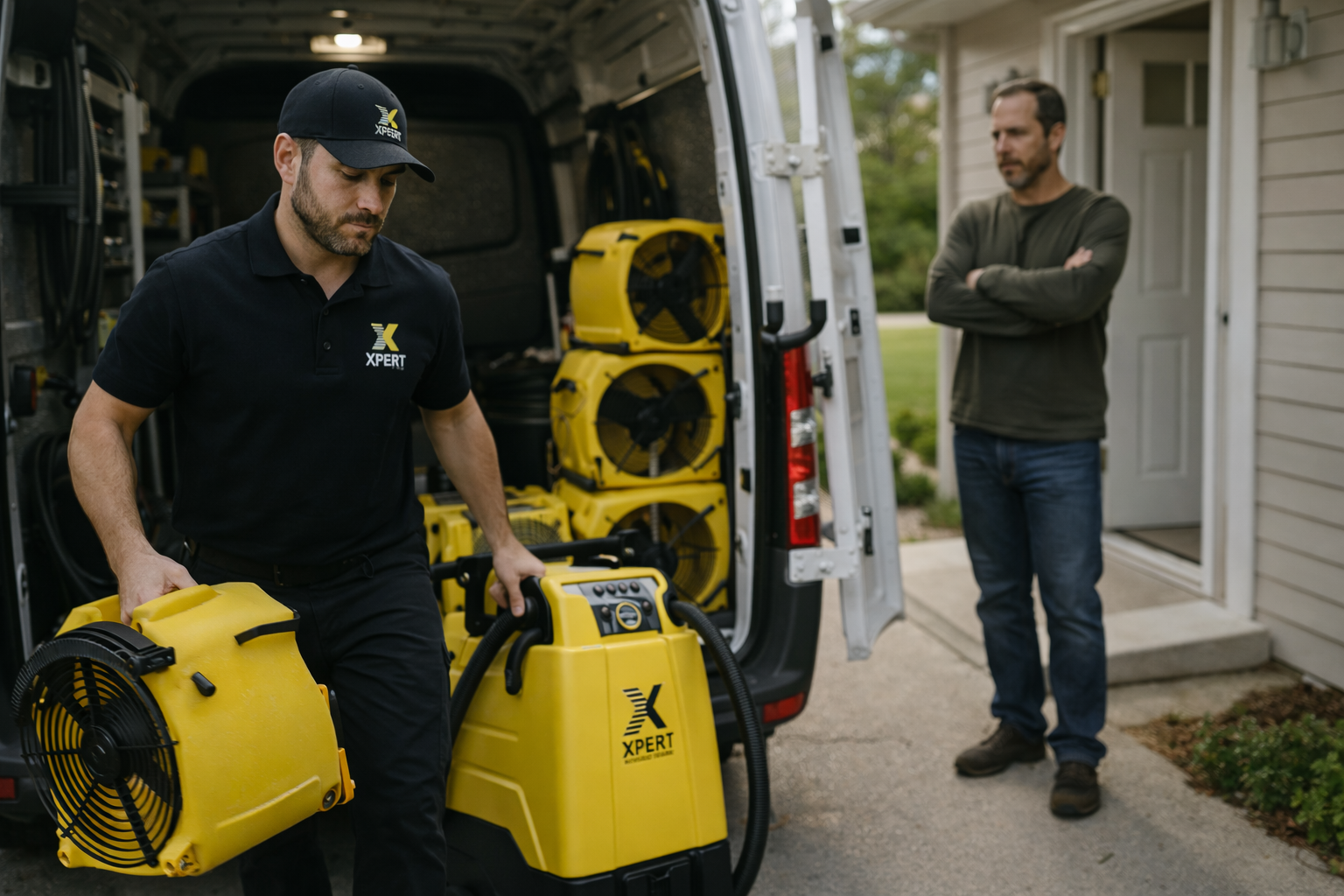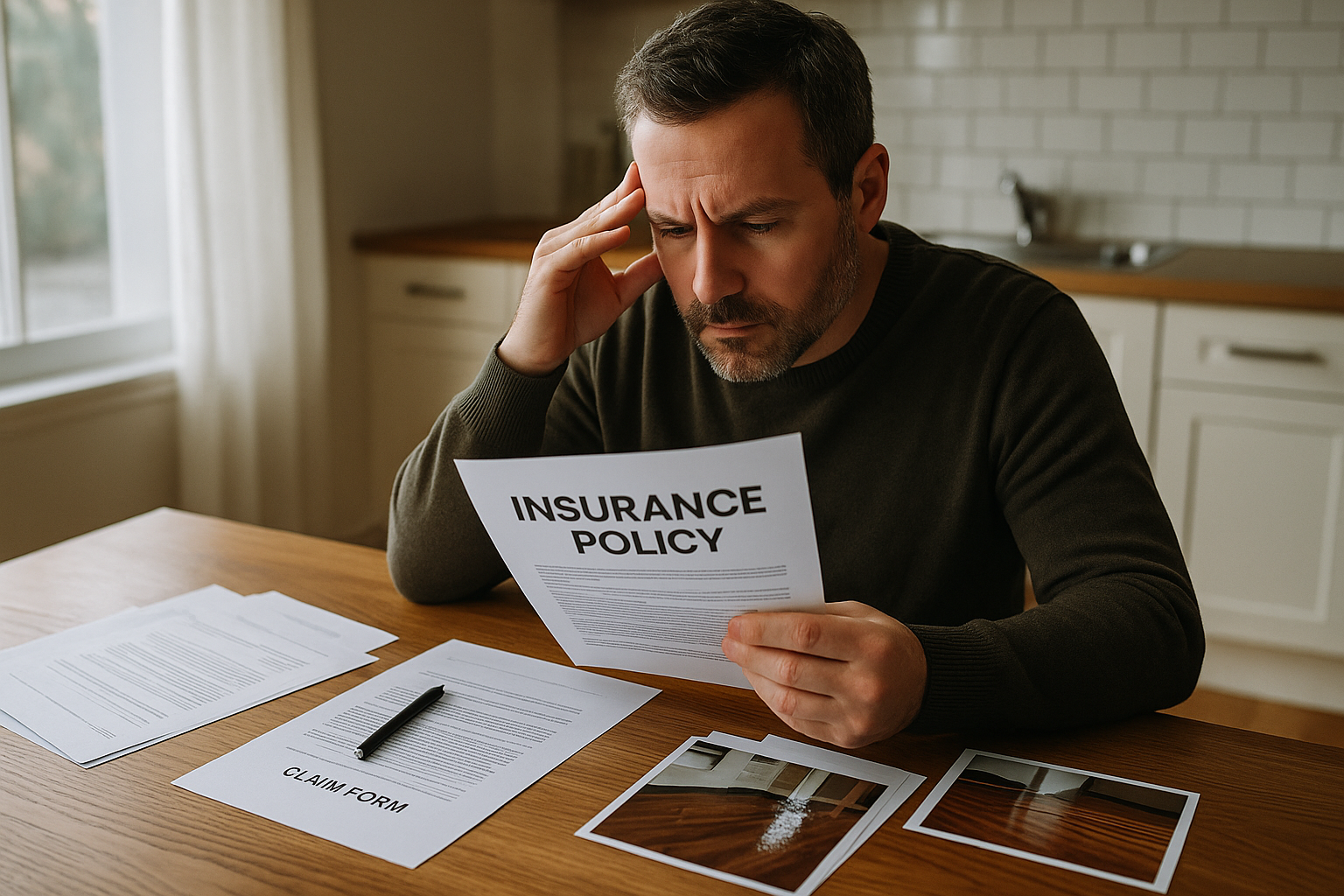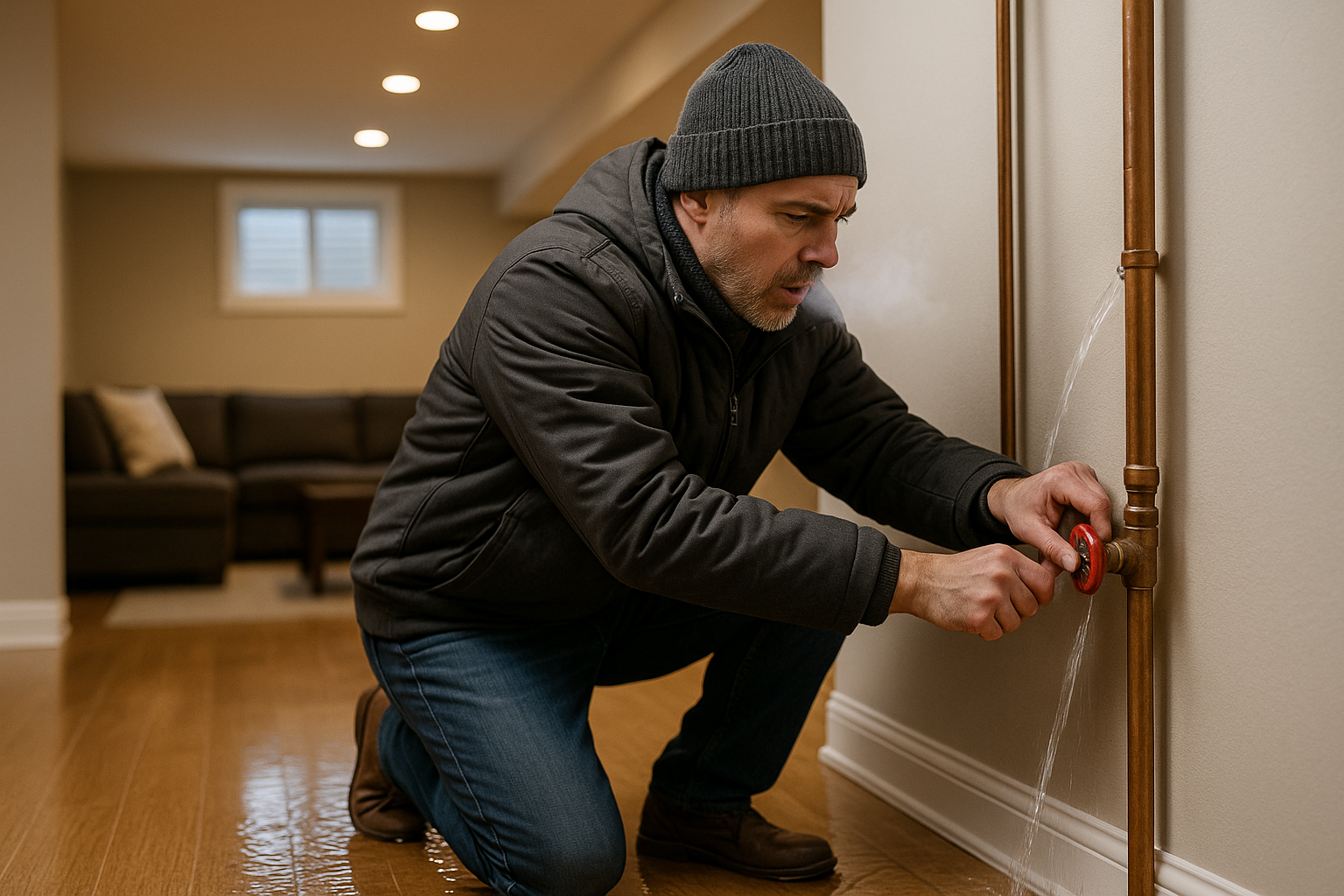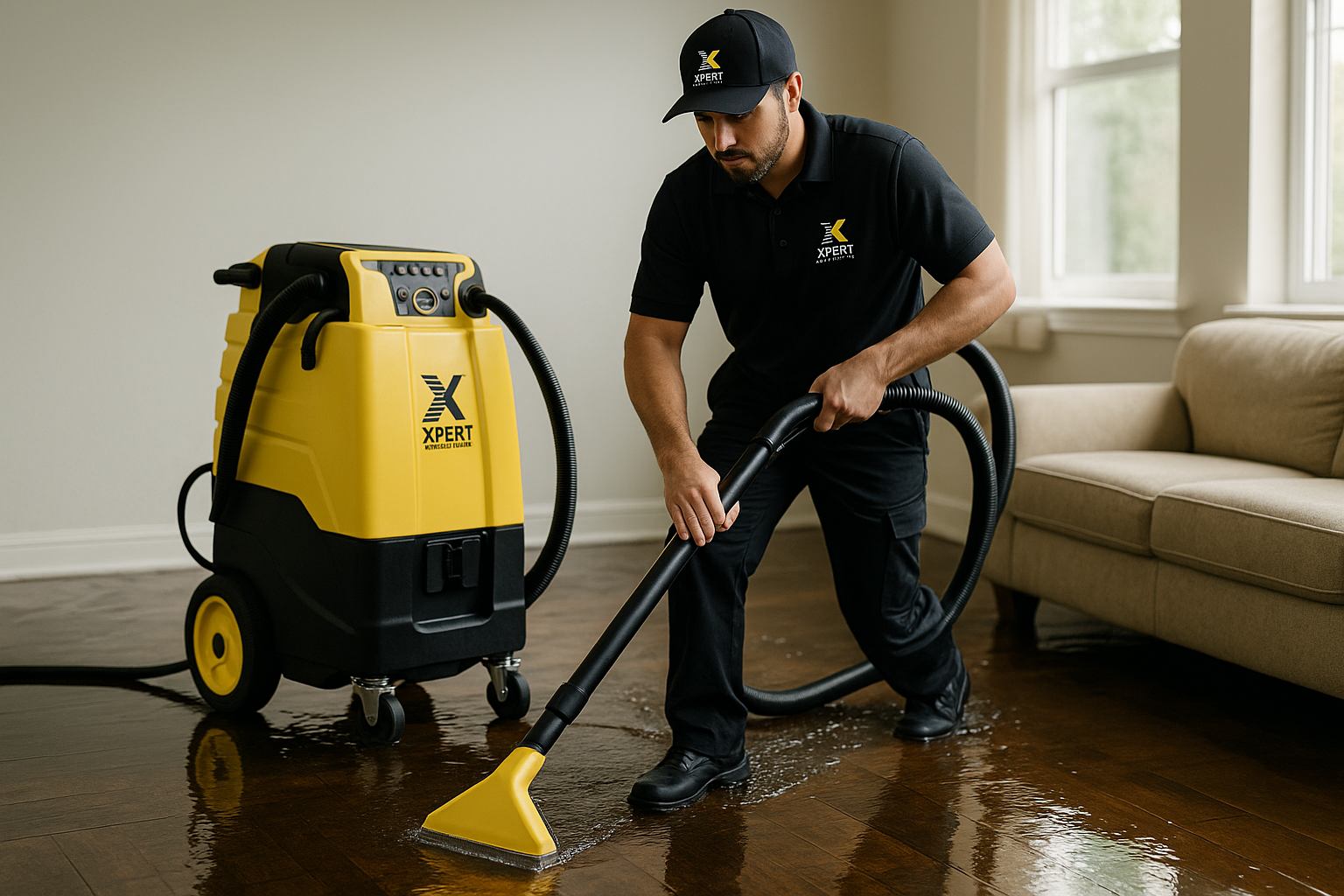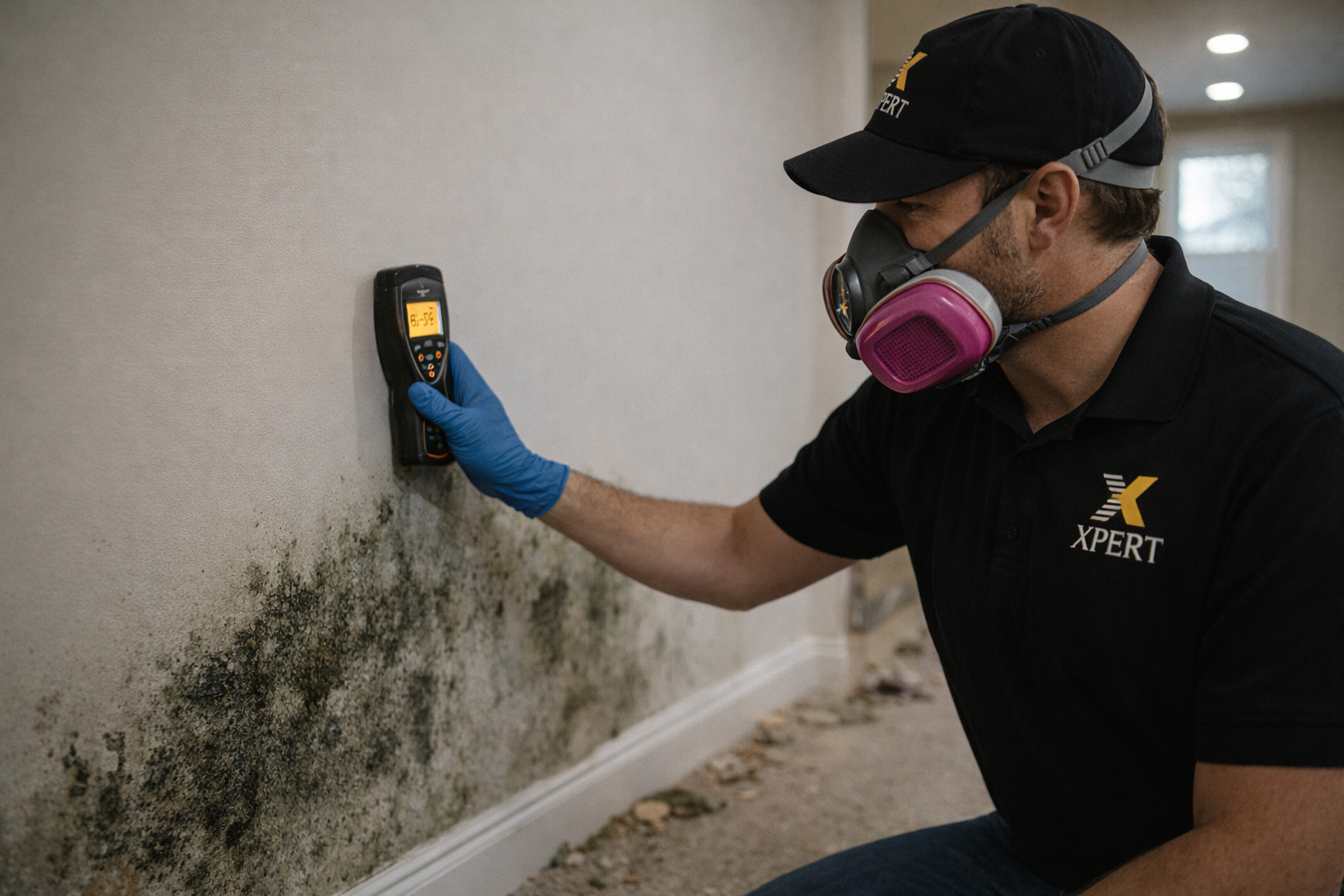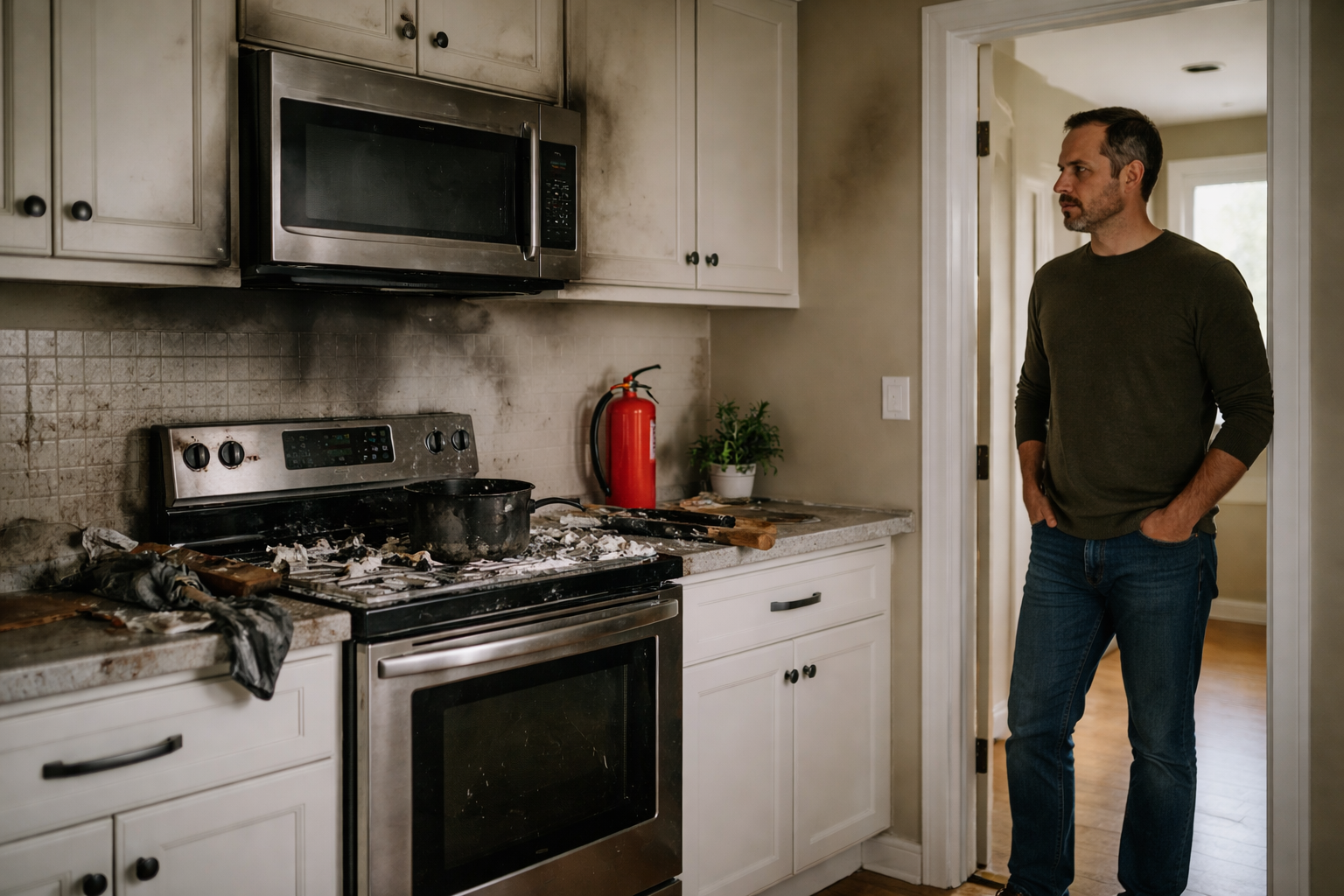7 Common Causes of Residential Fires (and How to Prevent Them)
Protect Your Home by Understanding the Leading Fire Hazards and Simple Prevention Steps
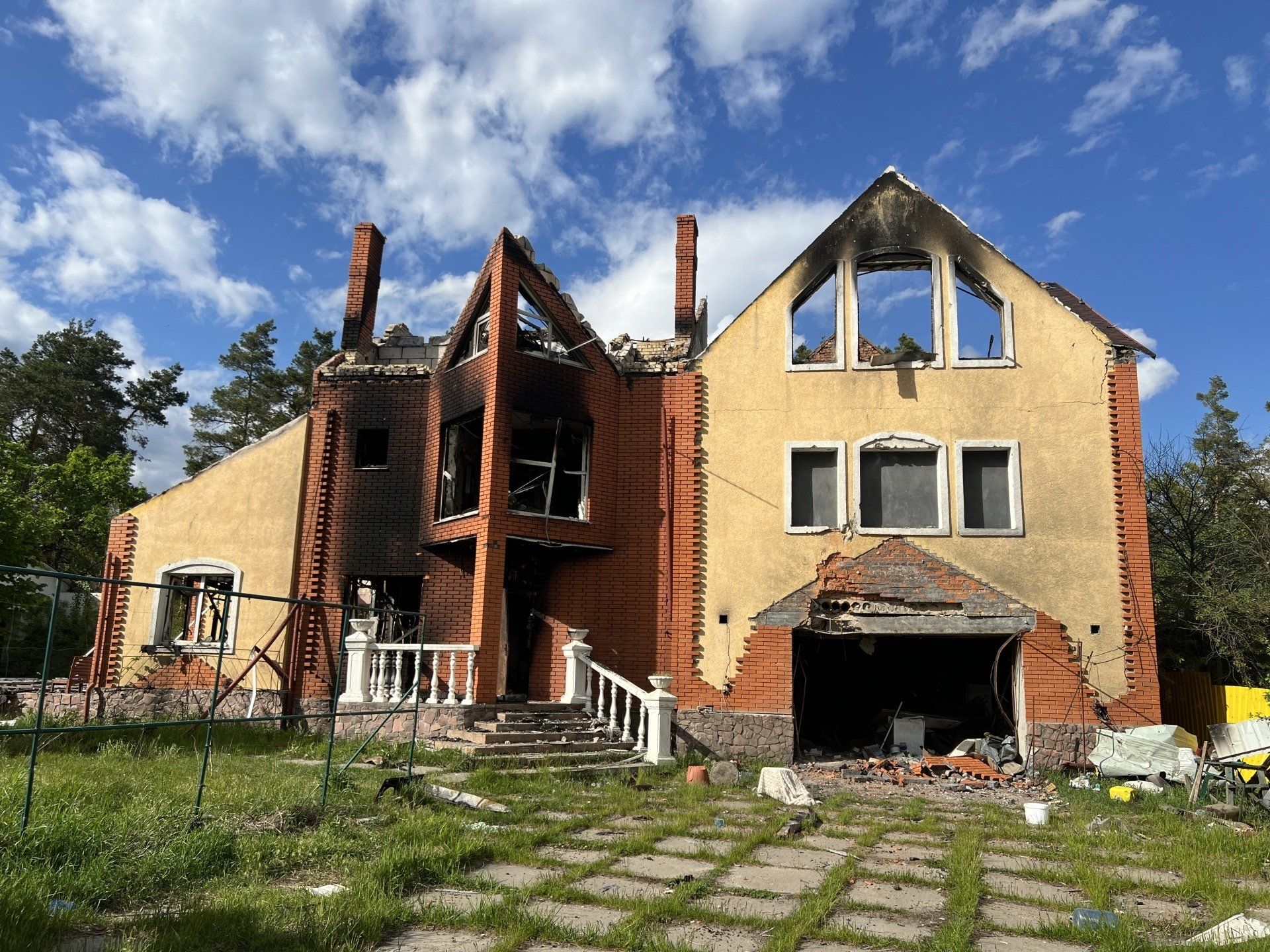
Few events are more devastating than a fire inside your home. Beyond the immediate danger to lives, a fire can destroy years of memories, damage your property, and leave lingering smoke and soot that make recovery a challenge. According to the National Fire Protection Association (NFPA), fire departments in the United States respond to over 350,000 residential fires each year. The good news? Many of these incidents are preventable.
In this guide, we’ll explore the seven most common causes of residential fires and give you practical steps to prevent them.
1. Cooking Accidents
The Leading Cause of House Fires
Cooking fires are responsible for nearly half of all residential fires. Most often, they happen when food is left unattended on the stove or when grease catches fire.
Why it happens:
- Leaving cooking food unsupervised
- Overheated oil or grease
- Loose clothing catching fire near burners
- Flammable items (like dish towels or paper towels) too close to the stovetop
How to prevent it:
- Never leave the kitchen while frying, grilling, or broiling.
- Keep flammable items away from stovetops.
- Use a timer when baking or simmering.
- Keep a fire extinguisher within reach and know how to use it.
Pro Tip: If grease ignites, never pour water on it — it will spread the fire. Instead, smother it with a lid or use a fire extinguisher.
2. Heating Equipment
The Silent Winter Hazard
Space heaters, fireplaces, and furnaces are another leading cause of home fires, especially during colder months.
Why it happens:
- Space heaters placed too close to curtains, bedding, or furniture
- Unmaintained furnaces with faulty wiring or clogged filters
- Creosote buildup in chimneys causing chimney fires
How to prevent it:
- Keep space heaters at least three feet away from flammable materials.
- Use only heaters with automatic shut-off features.
- Schedule annual furnace and chimney inspections.
- Never use ovens or stovetops to heat your home.
3. Electrical Malfunctions
Overloaded Circuits = Fire Risk
Electrical fires often occur behind walls where faulty wiring, overloaded outlets, or damaged cords spark unnoticed until it’s too late.
Why it happens:
- Extension cords used as permanent wiring
- Outdated or faulty wiring in older homes
- Overloaded circuits from multiple high-wattage appliances
- Frayed or damaged cords
How to prevent it:
- Have an electrician inspect your home’s wiring, especially if it’s older than 20 years.
- Avoid overloading outlets with multiple power strips.
- Replace damaged cords immediately.
- Install arc-fault circuit interrupters (AFCIs) for added protection.
4. Smoking Indoors
A Hidden Danger Many Overlook
Cigarettes and cigars are a major source of residential fires, often caused when they are carelessly discarded or left smoldering.
Why it happens:
- Falling asleep while smoking
- Ashtrays left on flammable surfaces
- Cigarettes not fully extinguished
How to prevent it:
- Smoke outdoors whenever possible.
- Use deep, sturdy ashtrays on non-flammable surfaces.
- Douse cigarette butts with water before disposal.
- Never smoke in bed.
5. Candles
Romantic but Risky
Candles create ambiance but also pose a serious fire risk if left unattended.
Why it happens:
- Candles left burning near curtains or flammable décor
- Pets or children knocking candles over
- Falling asleep with candles burning
How to prevent it:
- Always place candles on stable, heat-resistant surfaces.
- Keep them at least one foot away from anything flammable.
- Blow out candles before leaving a room or going to bed.
- Consider flameless LED candles as a safer alternative.
6. Laundry and Dryer Fires
A Little Lint Goes a Long Way
Dryer fires may not be as well-known, but they are surprisingly common — thousands happen each year.
Why it happens:
- Lint buildup in the dryer vent or filter
- Crushed or damaged dryer ducts
- Overheating from poor ventilation
How to prevent it:
- Clean the lint filter after every load.
- Inspect and clean dryer vents at least once a year.
- Avoid overloading your dryer.
- Replace plastic or foil ducts with rigid metal ones for safety.
7. Flammable Liquids and Chemicals
Fuel for Fire Hazards
Many households unknowingly store flammable liquids in unsafe ways, creating a fire risk.
Why it happens:
- Gasoline stored in improper containers
- Paint thinners, solvents, or cleaning supplies left near heat sources
- Poor ventilation in storage areas
How to prevent it:
- Store all flammable liquids in approved containers.
- Keep them in cool, well-ventilated areas away from heat.
- Never smoke near flammable liquids.
- Dispose of old chemicals properly.
The Role of Smoke Detectors and Fire Safety Plans
Even with prevention, accidents can happen. Having smoke detectors installed and working properly can mean the difference between life and death.
- Install smoke alarms inside every bedroom, outside each sleeping area, and on every level of the home.
- Test alarms monthly and replace batteries at least once a year.
- Replace smoke detectors every 10 years.
- Develop and practice a family fire escape plan with at least two ways out of each room.
What to Do If a Fire Happens
Despite our best efforts, fires can still occur. If one does:
- Evacuate immediately and call 911.
- Never attempt to fight a large fire on your own.
- Once safe, contact a professional fire damage restoration company to begin recovery.
Fire restoration specialists can:
- Remove smoke and soot damage
- Clean and restore salvageable belongings
- Repair structural damage
- Eliminate lingering odors
Final Thoughts
Residential fires are terrifying, but most of them are preventable when you know the risks. By taking proactive steps — from keeping an eye on your stovetop to maintaining your electrical system — you significantly reduce the chance of a fire disrupting your home and your life.
If you’ve experienced a fire, fast action is essential. Beyond the visible damage, smoke and soot can cause long-term harm to your property and health if not properly removed.
Xpert Restoration Solutions is here to help. Our fire damage restoration team provides fast, professional service to get your home back to safe, livable condition.

